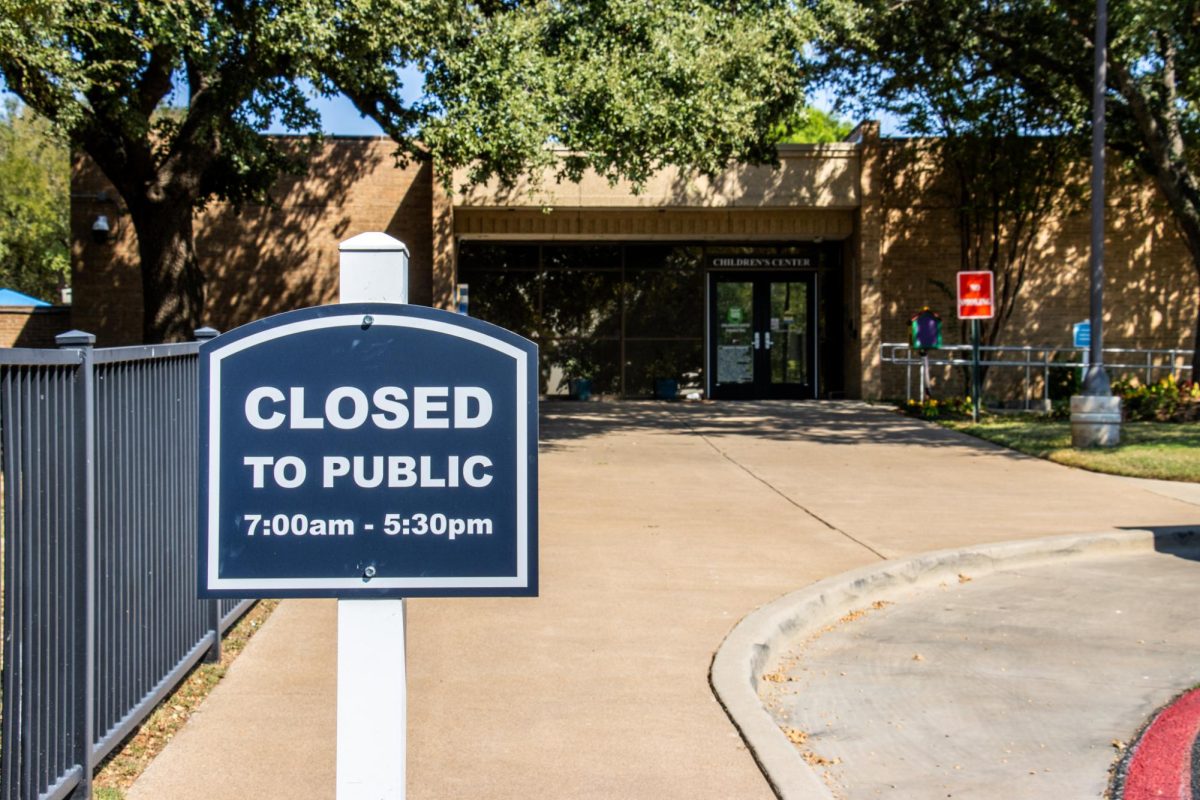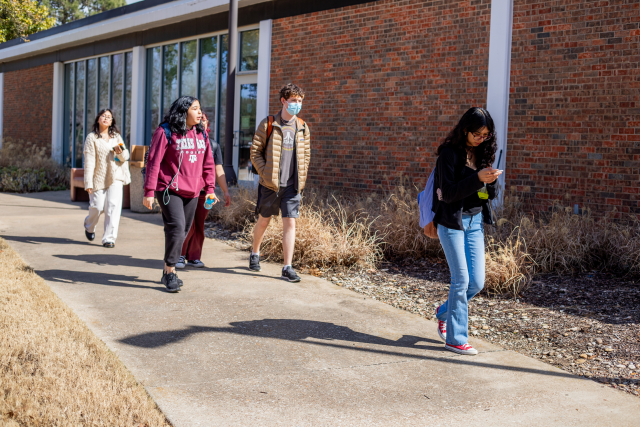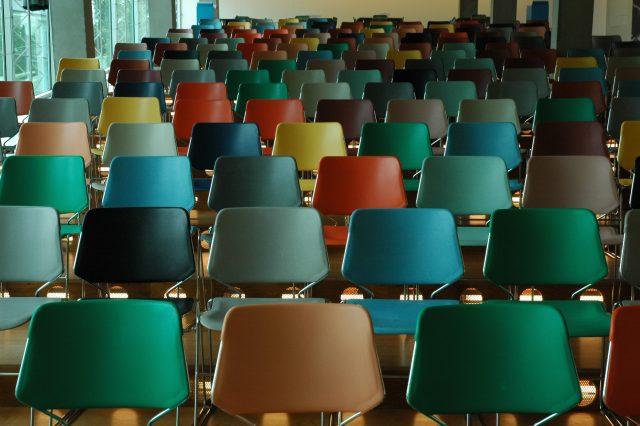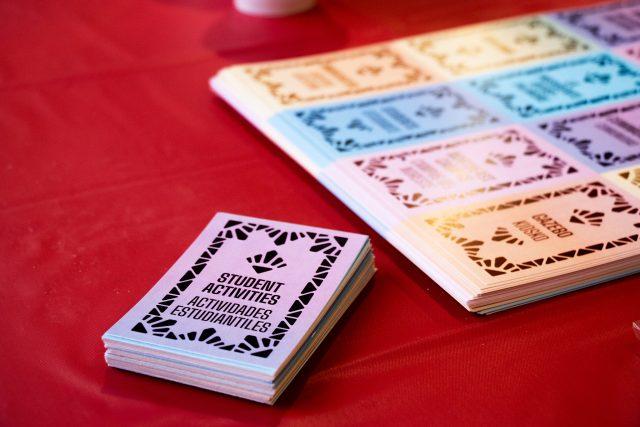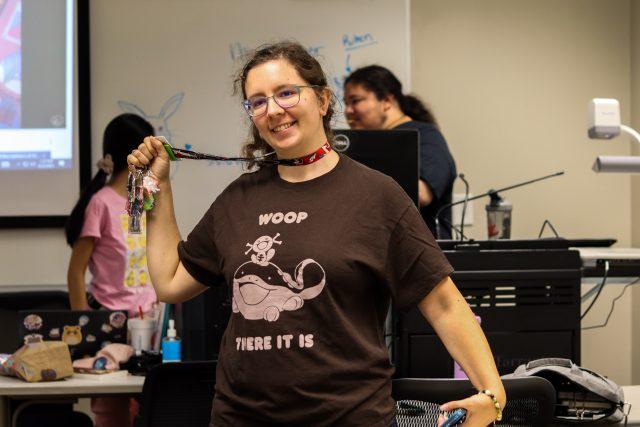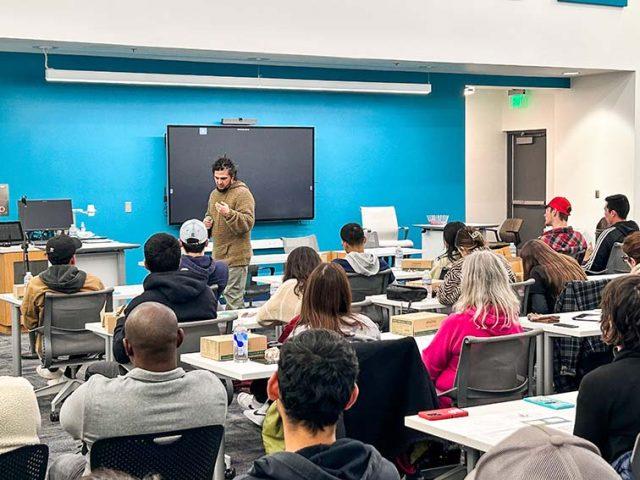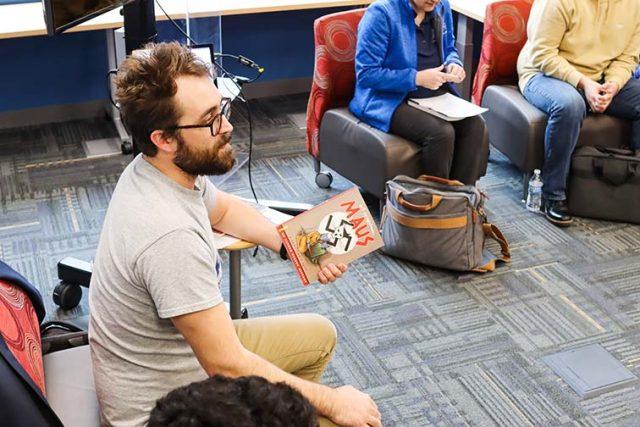XAVIER BOATNER
campus editor
xavier.boatner@my.tccd.edu
Because of 2015’s terrorist attacks in Paris, the Supreme Court has considered changing a rule that could affect the modern internet as we know it.
On Oct. 3, 2022, the Supreme Court agreed to hear the “Gonzalez v. Google” case, in which the family of U.S. citizen Nohemi Gonzales, who was killed in a terrorist attack, is suing Google, Twitter and Facebook. The family claimed the algorithms used for the sites are to blame for spreading and promoting ISIS messages.
The case was argued on Feb. 21, and it’s caused quite a stir. Mainly, because of what’s at stake – the entire internet, as many people online have speculated at least. The reason the world wide web could undergo a change lies in Section 230, located in Title 47 of the United States Code.
The section states that “No provider or user of an interactive computer service shall be treated as the publisher or speaker of any information provided by another information content provider.” This rule protects online platforms like Twitter and YouTube from being held accountable for what users say, do or post on their platforms.
If Section 230 were to get upended by the Supreme Court, the way free speech circulates around the internet would see a large shift. Major companies and websites would likely crack down on what users are allowed to say in order to avoid potential lawsuits. The way websites use algorithms could change significantly as well since there’s a possibility many sites would need to overhaul the way their algorithms collect and use information.
Some believe that overturning the rule will be to the internet’s detriment and think it’ll result in multiple struggles for internet companies going forward.
“I am not sure what the Court will do,” NE government and paralegal adjunct professor Caesar Diaz said. “I am leery of causing a huge uproar to the system as of now because of the economic impact that it could have. But I also believe that the tech companies should be required to be more responsible for their recommendations.”
Others believe people are overreacting and think that a change could benefit the internet more than harm it.
“People are going to overreact regardless of the situation,” Connect student Alexis Seitz said. “I do believe the internet will change but not too bad. It might be for the better.”
Seitz said she thinks that sites should not have to be liable for the actions of users, but should try and find new methods of keeping user-posted content in check.
“I feel like they shouldn’t be fully accountable,” she said. “But I do think these sites should definitely have a way to monitor the site.”
The Supreme Court has yet to make a decision on whether or not to overturn Section 230 as of the time of this article. But no matter what decision they make there are people on both sides who see benefits to upending and not upending the rule.
Some believe that it’d be beneficial to companies to pay closer attention to the content posted on their sites. There are others who think policing the content of the site could hurt these companies more than help.


























